'No such happy ending exists in real life'
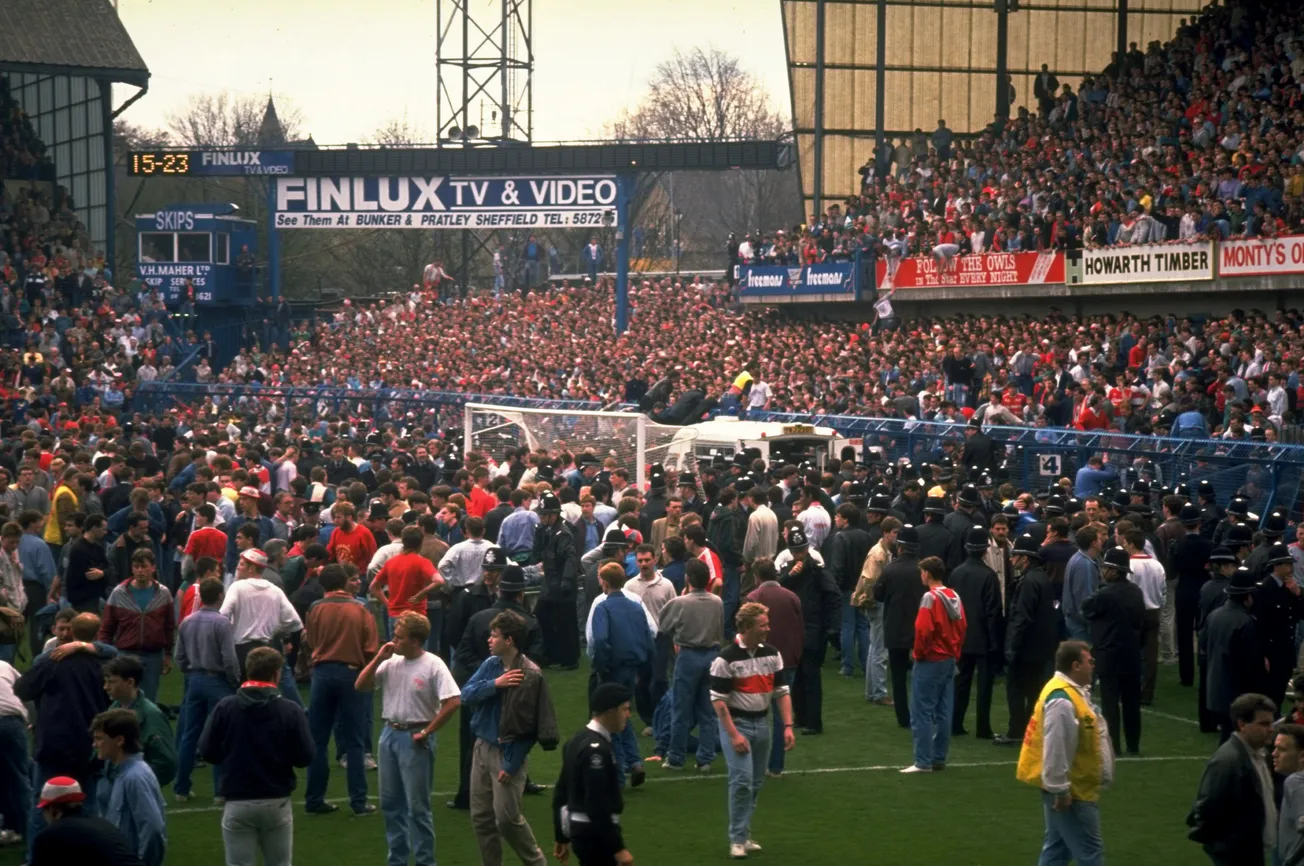
A prize-listed new novel on the Toxteth Riots, Hillsborough, and how the past shapes the present
Dear readers — looking back might sound counter-intuitive for the first week of a new year, but today’s piece makes a compelling argument for doing exactly that. We’re delighted to be publishing an essay by long-term reader James Corbett, a journalist who has graced the pages of august publications like the Guardian, the Observer, the Independent and the Sunday Times — and now, an arguably even more august publication: The Post.
In this piece about writing a prize-listed novel about Liverpool, James suggests that it’s only by taking stock of what’s gone before that we can truly understand ourselves and our city.
Back in the late 1980s, when I was nine or ten, I’ll always remember our parish priest, Father Shaw, talking about the Toxteth Riots.
I grew up in Crosby, then a fairly staid and unexciting suburb (it was a long time before glamorous figures like Carlo Ancelotti eulogised its virtues to New York Times readers). St Helen’s Church, like school and Goodison Park, was one of the locations central to our family’s existence.
Father had been away golfing for the weekend and returned to the rectory to find an urgent and very concerned message from a missionary friend, who was based in a West African war zone, but had somehow found a way to contact him to see if he was safe. Everything was fine in Crosby, of course, thought the bewildered priest, but when Father turned on the TV set he saw a conflagration on the other side of the city more reminiscent of a battlefield. The idea of someone telegramming their concern from one of the most dangerous places on earth always tickled him.
This disconnect between different parts of my home city always intrigued me: How could such a defining moment in the city’s modern history bear absolutely no relevance — not only to me, but to anyone I knew?
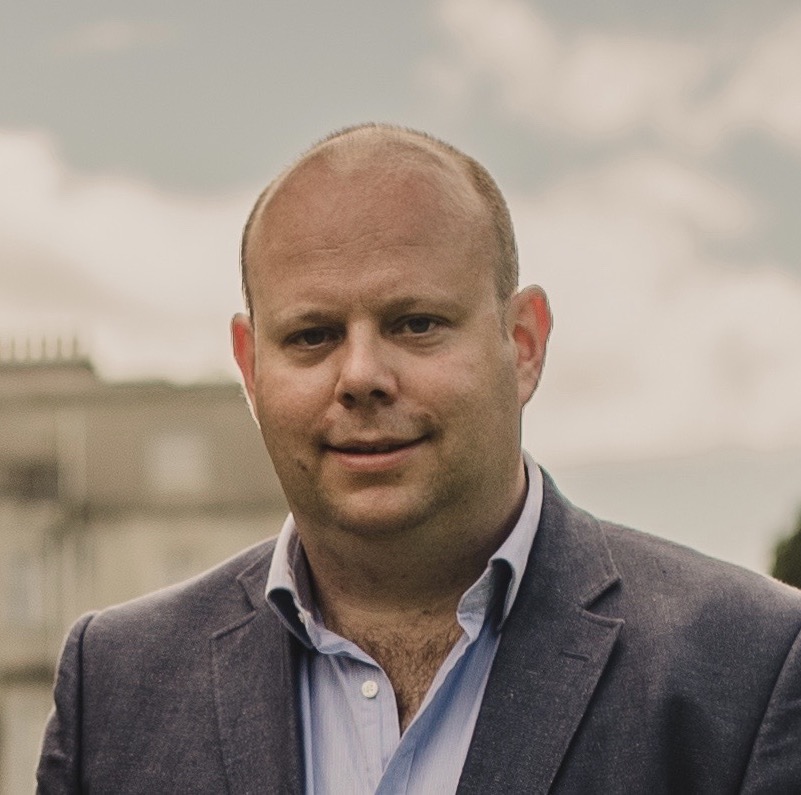
This detachment was one of the themes I wanted to explore when I wrote my debut novel, The Outsiders, which was published last May, and is one of six books shortlisted this month for the Portico Prize — the so-called “Booker of the North”.
I always wanted to write a novel and I had always wanted to place my home city of Liverpool at the heart of such a book.
It astounded me that a city that plays such a central role in Britain’s cultural life — in film, in music, in sport — was so unrepresented in literature. I wanted to capture Liverpool’s brilliance and brutality, its contradictions, and to place its complicated modern history — race riots, mass unemployment and poverty, misconceptions bred from tragedies — into context. Above all I wanted to showcase the spirit that saw the city through its 1980s nadir and its reinvention as a modern city: a place of innovation and culture; a world class destination.
In the resulting novel, Liverpool shapes and forms a cast of characters, whose stories and fates are entwined with each other and the city. The city’s history is a canvas; its textures and imperfections helping form the characters.
The book is a love story and a mystery, about a set of friends and lovers brought together in the shadow of the 1981 riots. Paul, then a student about to leave the city for the first time to attend university, meets two people who will change his life: Nadezhda, an elusive poet who has fallen out of fashion; and her daughter Sarah, with whom he shares an instant connection. They are pulled together and then thrown apart amidst the unravelling of Nadezhda’s wartime past.
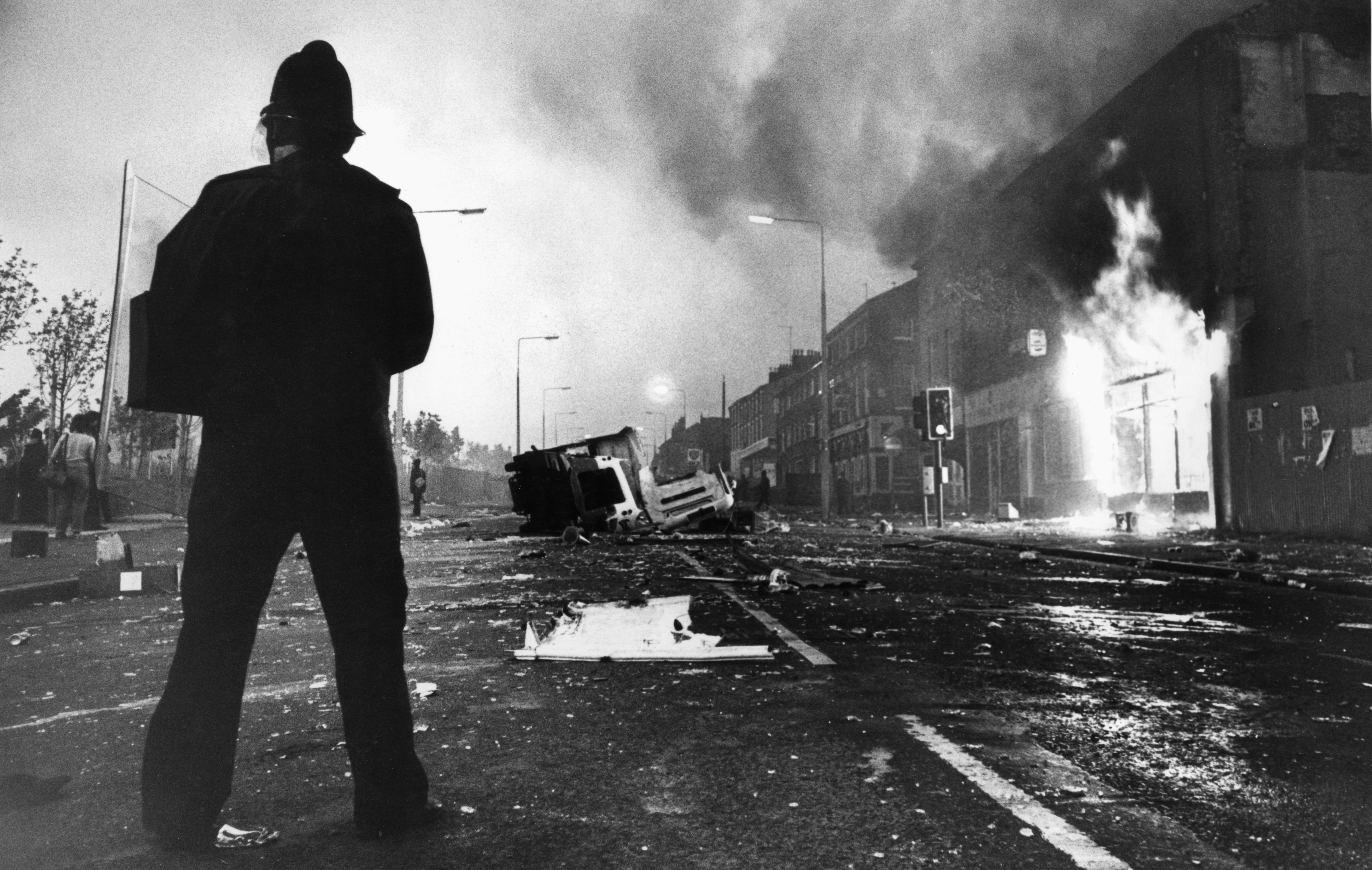
Toxteth was one of a series of moments in the 1980s and 1990s that shaped the Liverpool that we know. The book alludes to or references many of these incidents: the 1985 Liverpool school strike, the heroin epidemic, the Hillsborough disaster, the murder of James Bulger, the Capital of Culture year and the city’s physical reinvention. Collectively these all impacted on the way the city was seen, how it saw itself, and shaped the destinies of my characters — as it did its people.
I lived through many of these times and if I didn’t see them at first hand, I vividly recall them played out on Radio Merseyside and discussed on a Roger Phillips phone-in, or read about in the Echo. I was, and always have been, a prolific newspaper reader. Other passages, you have to live to write about and I did so many times: a raucous night in Le Bateau; being threatened by a hollow-faced scally; a dead afternoon in a city centre pub; being part of a football crowd knowing your team is on its way to Wembley; the confusion of emotions returning from or heading back into exile in London.
When it came to writing about these times, I was also assiduous in my research, going through reams of old newspapers and seeing past times brought to life by clips uploaded to YouTube. It’s something of a marvel and bewilderment that there are people who had the foresight to videotape 1980s news broadcasts; to keep hold of the VHS tapes for decades and then upload them to the internet. I was helped also by the fact that I commissioned and edited Simon Hughes’s incredible book about Liverpool’s modern history: There She Goes: Liverpool, A City on its Own: The Long Decade: 1979-1993.
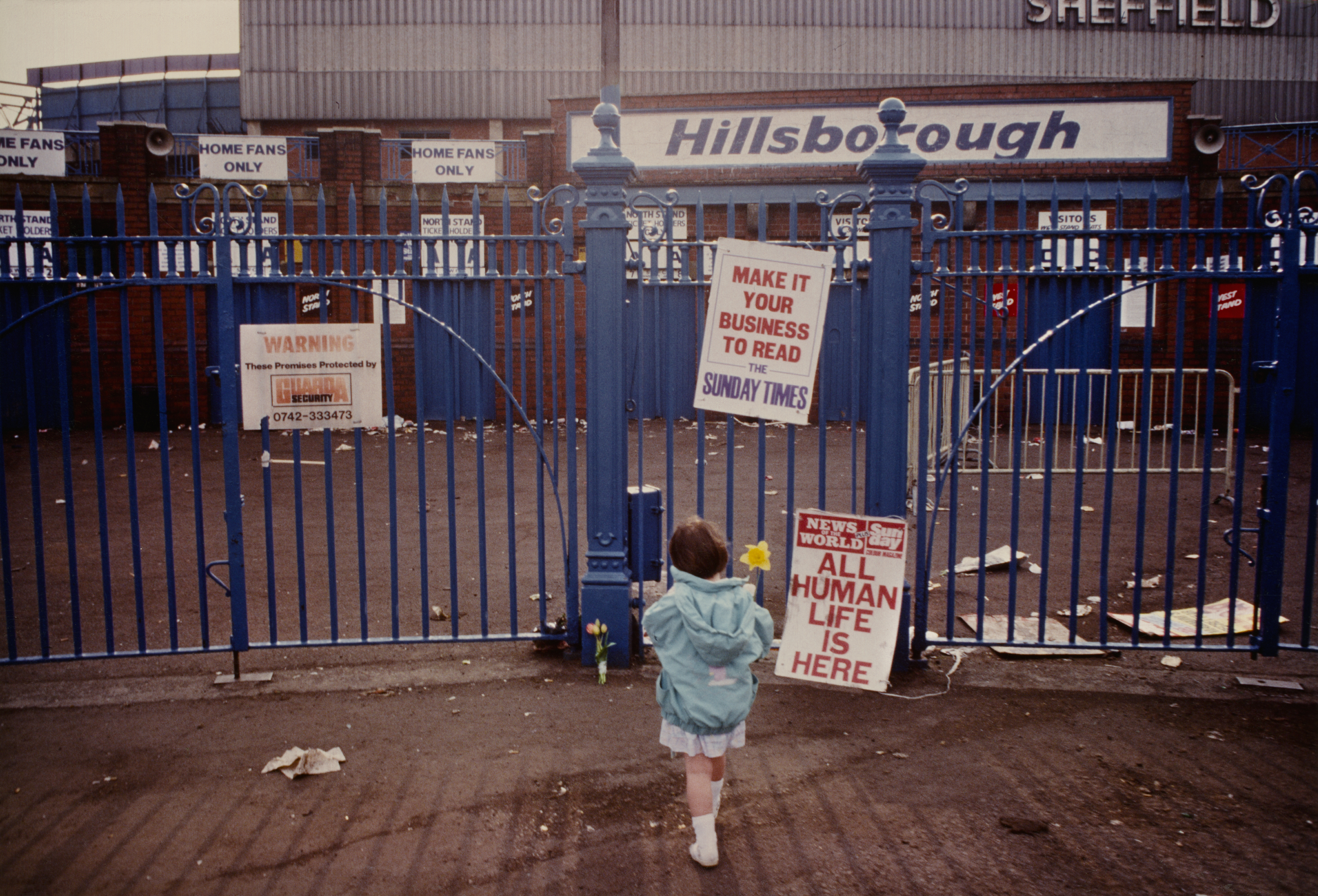
Some things, however, go beyond fiction. There is a chapter in which Paul is a witness to the aftermath of the Hillsborough disaster, where 97 Liverpool supporters died as a result of a crush caused by police negligence at an FA Cup semi final between Liverpool and Nottingham Forest. He — like my father, grandfather and uncles that terrible day — had been at Villa Park, watching the other semi-final between Everton and Norwich. Returning back to Lime Street station, Paul is confronted by shattered survivors and desperate relatives coming home from Sheffield.
As a novelist, how do you convey such horror, such drama, something of such an epicedian complexion, while also being respectful of the victims and their families?
I did so in the only way I thought was appropriate, by recording the words as they were spoken on that day, the truth — and the lies — from the mouths of the victims and those who oversaw their demise. I don’t know how this has been judged, but it is my view that some things are so terrible, so raw, that they transcend fiction.
“‘On television and reading in the evening press there are these instant experts, doctors and a few lawyers who all seem to know more about our job than we do,’ said Christopher, addressing the TV cameras. ‘Telling us what we should have done. That if there’d been police officers just inside those gates that day, funnelling people into the outer areas then this wouldn’t have happened. I’m saying to you that if police officers had have been in there when this mob surged through, the police officers would have been trampled to death underneath them. They just can’t handle them and the vast majority of that lot had been drinking. The ones that were arriving late, and they will not be told where to go. What do you think you’re trying to do? And what can they do?’
‘So are you saying the fans are to blame?’ asked a voice off camera.
Christopher continued: ‘The police certainly aren’t to blame, because if the fans will do what the police are asking them to do, there wouldn’t be any problem because people would be orderly. And if people were orderly, they wouldn’t have these problems. You can’t push all those people if people are orderly. It’s just not possible unless you know a way that I don’t.’
‘The fucking lying bastard,’ shouted a Scouse accent from the other side of the bar.
‘Police lies!’ shouted another.”
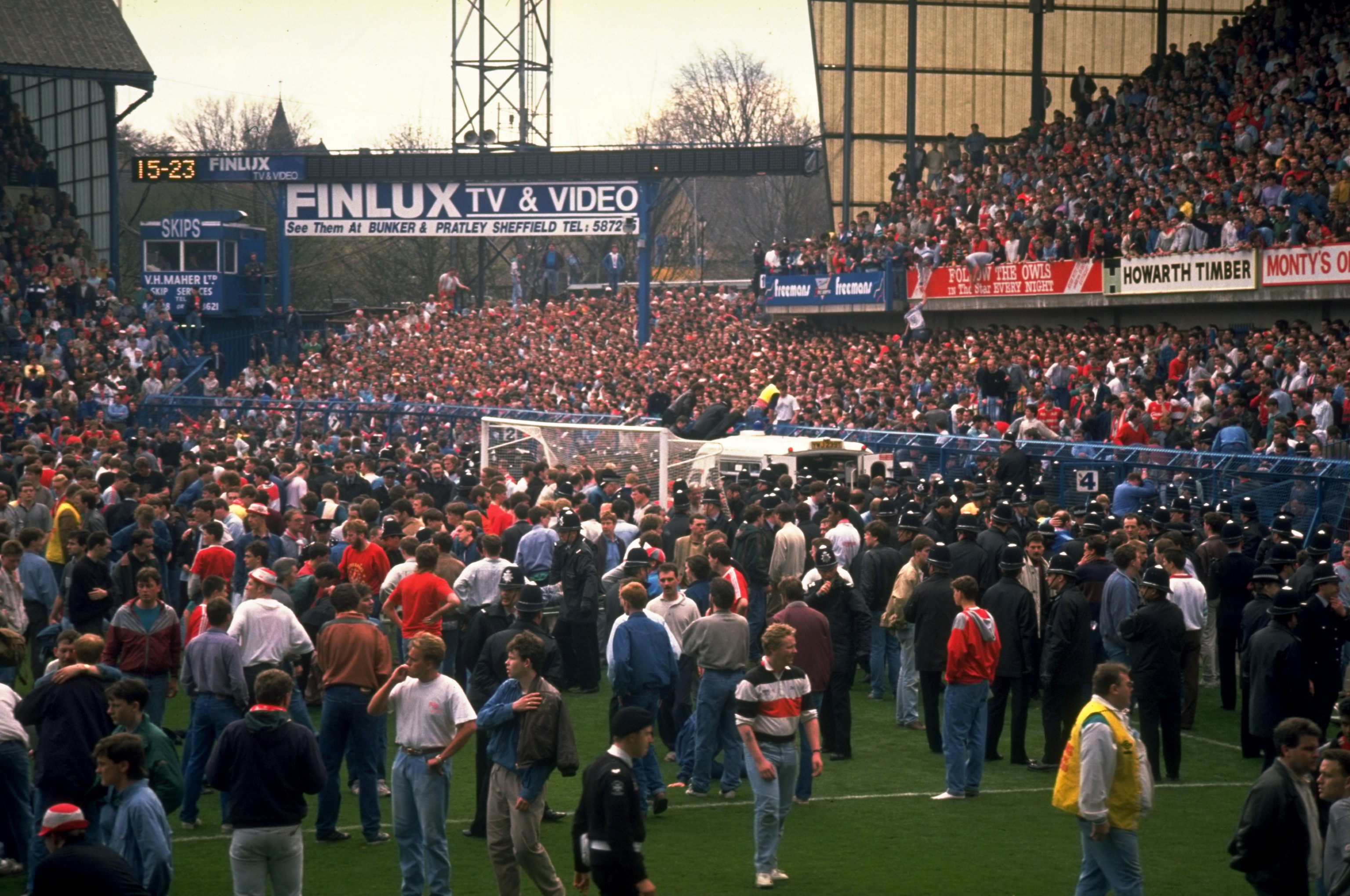
These exact words were spoken by a police officer on the day of the disaster and repeated by Christopher, a former friend of Paul turned spin doctor, in the book. They are a sort of blood libel on the people of our city, and have informed a false narrative of what happened that persists to this day.
In the book, these words are eventually turned back on Christopher a generation later, and he is cast away in disgrace. No such happy ending exists in real life. The police officers who lied and covered up their critical mistakes that awful day walk as free men.
In the week in which The Outsiders was published in May a trial against two former officers and a solicitor accused of perverting the course of justice was thrown out by a judge on a technicality. Margaret Aspinall, whose teenage son, James, was killed in the disaster and who chaired the Hillsborough Family Support Group, called the outcome a “cover-up over a cover-up.” If I wasn’t so cynical I would have said it was incredible, but that exact plotline had been anticipated by my novel.
Some things you just can’t make up. Everything changes, and yet nothing does at all.
Liverpool fans’ “behaviour was perfectly appalling on the day,” said Jonathan Goldberg QC, who had defended the accused solicitor. Goldberg repeated the blood libel that drunk and out of control Liverpool supporters had caused the deaths of “complete innocents that day.”
This wasn’t a historical relic, this was actually said the week The Outsiders was published. The lies of the past lies remain with us and will not go away. We all remain outsiders in our own country, the white trash it is permissible to kick.
I loved writing The Outsiders. It is part love story, part mystery, part contemporary history, part paean to Liverpool. I loved writing about my home city and bringing its story to life. I loved shaping the characters and inventing lives for them. I loved the ending I created for them. I hope I’ve done our city and my people justice.
The Outsiders is published by Lightning Books and has been shortlisted for the Portico Prize, which is awarded on 20 January. To get a ticket for this online event click here.
To order a signed copy of The Outsiders from local bookseller, Beyond Books, click here.

Comments
Latest
Michael Heseltine 'saved' Liverpool. Didn't he?
Cheers to 2025
Searching for enlightenment in Skelmersdale
I’m calling a truce. It’s time to stop the flouncing
'No such happy ending exists in real life'
A prize-listed new novel on the Toxteth Riots, Hillsborough, and how the past shapes the present